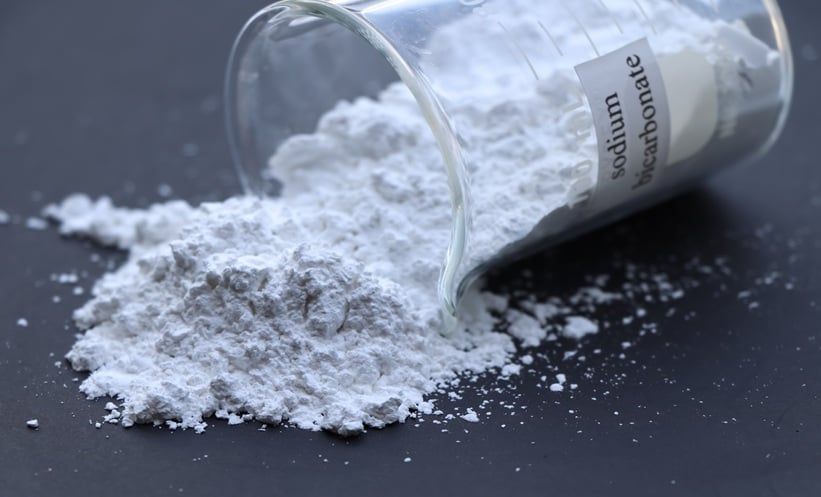A NEW randomised, double-blind, placebo-controlled pilot study tested whether sodium bicarbonate (NaHCO₃) therapy can help improve cognitive and cerebrovascular functioning in adults aged 50 to 80 with moderate-to-advanced chronic kidney disease (CKD) and metabolic acidosis.
The 12-month trial involved 34 participants with CKD stages 3b–4 and baseline bicarbonate levels between 16 and 22 mEq/L. Patients were randomly assigned to receive either daily sodium bicarbonate or a matching placebo. Researchers evaluated overall cognitive performance using the NIH Toolbox Cognitive Function Composite score, as well as motor, cognitive subtests, and cerebrovascular reactivity assessed via Transcranial Doppler ultrasound.
At the end of the year, sodium bicarbonate therapy led to a modest but statistically significant improvement from baseline in overall cognitive function (from 47.3 to 49.3, p = 0.03) and faster performance on the Trail Making Test A. However, these improvements were not statistically greater than those observed in the placebo group, indicating that the pilot was underpowered to detect differences
While sodium bicarbonate appeared well tolerated—with no significant changes in blood pressure, weight, or serious adverse events—the study did not demonstrate clear superiority over placebo. The authors emphasize that larger, adequately powered trials are needed to determine whether correcting metabolic acidosis can meaningfully slow cognitive decline in CKD.
This pioneering investigation underscores the urgency of finding strategies to preserve brain health in CKD patients, given the high rates of cognitive impairment that complicate disease management and diminish eligibility for kidney transplantation.
Reference
Gu F et al. Effects of sodium bicarbonate therapy on cognitive and cerebrovascular function in midlife and older adults with chronic kidney disease: a pilot randomized trial. BMC Nephrol. 2025;DOI: 10.1186/s12882-025-04388-6.







